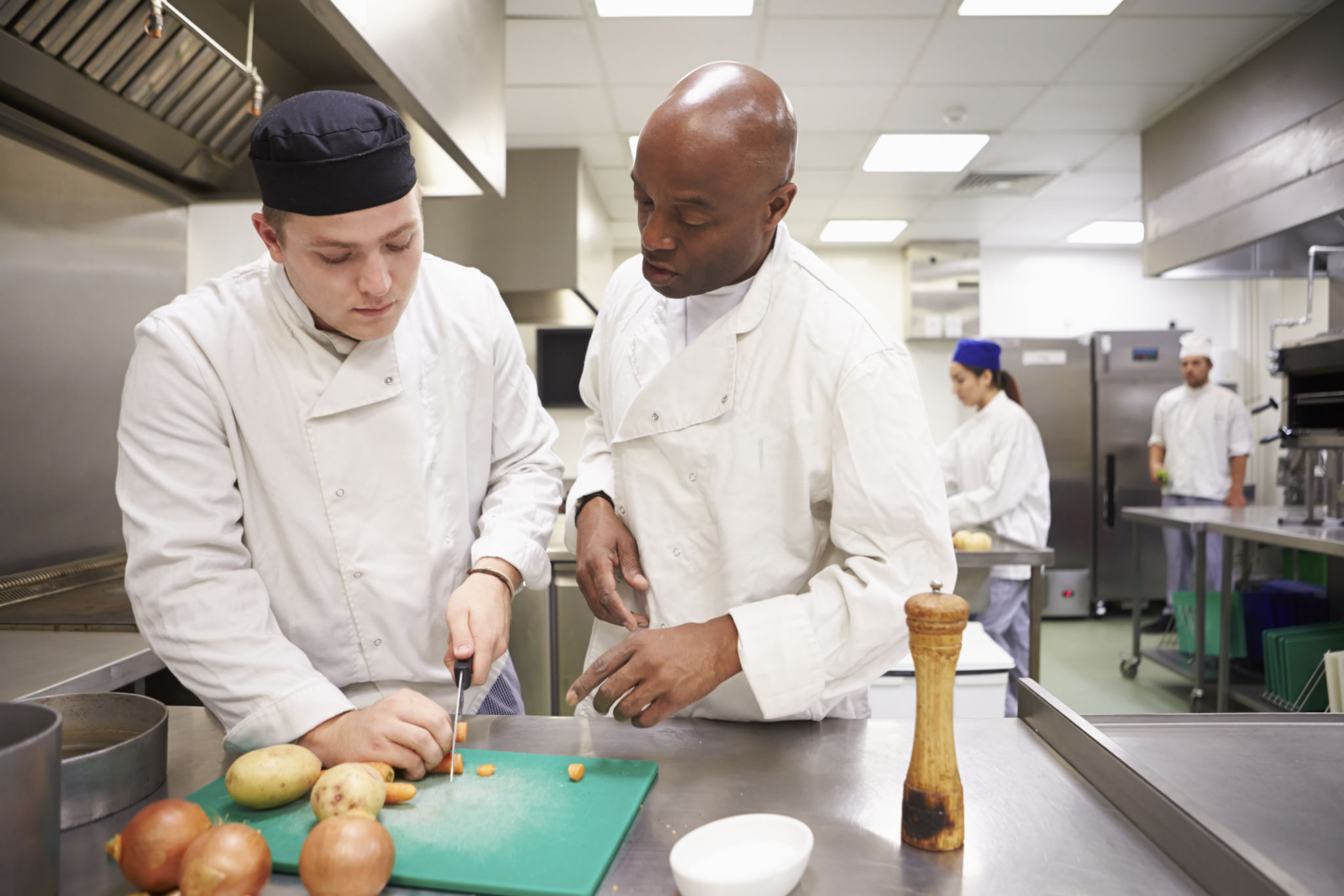10 Practical Life Skills for Neurodivergent Teens to Foster Independence
Understanding Neurodivergence
Neurodivergence is a term that encompasses a range of neurological differences, including autism, ADHD, dyslexia, and more. These differences can require unique approaches to learning and development. For neurodivergent teens, gaining independence through practical life skills is essential for boosting confidence and fostering a sense of autonomy.

Time Management Skills
Using Digital Tools
Time management can be challenging for neurodivergent teens. Utilizing digital tools such as calendar apps or reminder applications can help them organize their schedule and keep track of important tasks. Setting alarms for specific times can also assist in maintaining routines.
Prioritization Techniques
Learning to prioritize is crucial. Encourage teens to make to-do lists that categorize tasks by urgency and importance. This strategy can help them focus on what needs immediate attention and what can be scheduled for later.

Personal Hygiene and Grooming
Personal hygiene is a vital life skill that contributes to health and social interactions. Teens can benefit from developing a consistent hygiene routine, which may include brushing teeth, showering, and grooming tasks like brushing hair. Visual schedules or checklists can be helpful reminders.
Basic Cooking Skills
Simple Recipes
Teaching basic cooking skills not only promotes independence but also encourages healthier eating habits. Start with simple recipes that require minimal ingredients and steps, such as making a sandwich or boiling pasta.
Understanding Kitchen Safety
Kitchen safety is crucial. Educate teens about the importance of handling kitchen tools properly, understanding the dangers of hot surfaces, and practicing food safety principles like washing hands before cooking.

Budgeting and Money Management
Financial literacy is a key component of independence. Introduce concepts like budgeting by using real-world examples such as planning a small shopping trip or managing a weekly allowance. Teaching the basics of saving and spending wisely can set the foundation for future financial stability.
Communication Skills
Effective communication is essential for social interactions and personal relationships. Encourage neurodivergent teens to practice both verbal and non-verbal communication skills. Role-playing scenarios can be an engaging way to work on these skills in a supportive environment.

Problem-Solving Techniques
Helping teens develop problem-solving skills can empower them to tackle challenges independently. Encourage them to break down problems into smaller, manageable parts and explore possible solutions. This approach fosters critical thinking and resilience.
Transportation Navigation
Learning to navigate public transportation or ride-sharing apps can greatly enhance a teen’s independence. Start with small, supervised trips to build confidence, then gradually increase complexity as they become more comfortable with the process.

Conclusion
By focusing on these practical life skills, neurodivergent teens can gain the confidence and abilities needed to lead more independent lives. Each skill learned is a step towards self-reliance, preparing them for the challenges and opportunities of adulthood. Remember, fostering independence is a journey that requires patience, support, and encouragement from caregivers and educators alike.